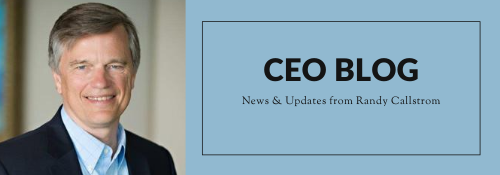
July is Black, Indigenous and People of Color (BIPOC) Mental Health Awareness Month. It was formally recognized in 2008 as Bebe Moore Campbell National Minority Mental Health Awareness Month. It is meant to bring awareness to the challenges that BIPOC individuals face in regard to mental illness.
Here in Wyandotte County, we serve a very diverse community. The people we serve come to us with differing needs and experiences. This is one of the reasons why we are committed to providing culturally competent care. Over the past few years, we have worked with consultants to develop cultural competency training for all of our staff. We also created our Diversity Task Force more than a year ago to examine our Diversity, Equity & Inclusion initiatives. We realize that no two people are the same. This means that our approach to treatment must be individualized. This is where the principles of cultural humility really come into play. We will never be experts in someone else’s culture. It is on us to reach out and work to increase our understanding. By embracing cultural humility, we can begin to see the world from another person’s perspective and cultivate greater respect for the unique experiences, perspectives and needs of the individuals we serve.
While stigma continues to be a factor in the BIPOC community not reaching out for mental health care, it is our responsibility to let them know that we are here and ready to help. It is on us to help break down that stigma and improve access to care. As Bebe Moore Campbell once explained, when you are already stigmatized for your skin color, eye shape or accent, you don’t want to give someone another reason to say “you’re not good enough.” The stigma tied to mental illness is often a deterrent to seeking treatment – or even seeking support from a family member or friend. But it doesn’t have to be this way.
Through her tireless advocacy, Bebe Moore Campbell laid the groundwork for creating a mental health care system that serves individuals of all races. But it is up to each of us to carry on her legacy. There is still much work to be done when it comes to ensuring that those in BIPOC communities can access mental health treatment and feel safe and respected while doing so. Here at Wyandot BHN, we are committed to doing that work. Because there is no room for racism in mental health.
Randy Callstrom
President/CEO
